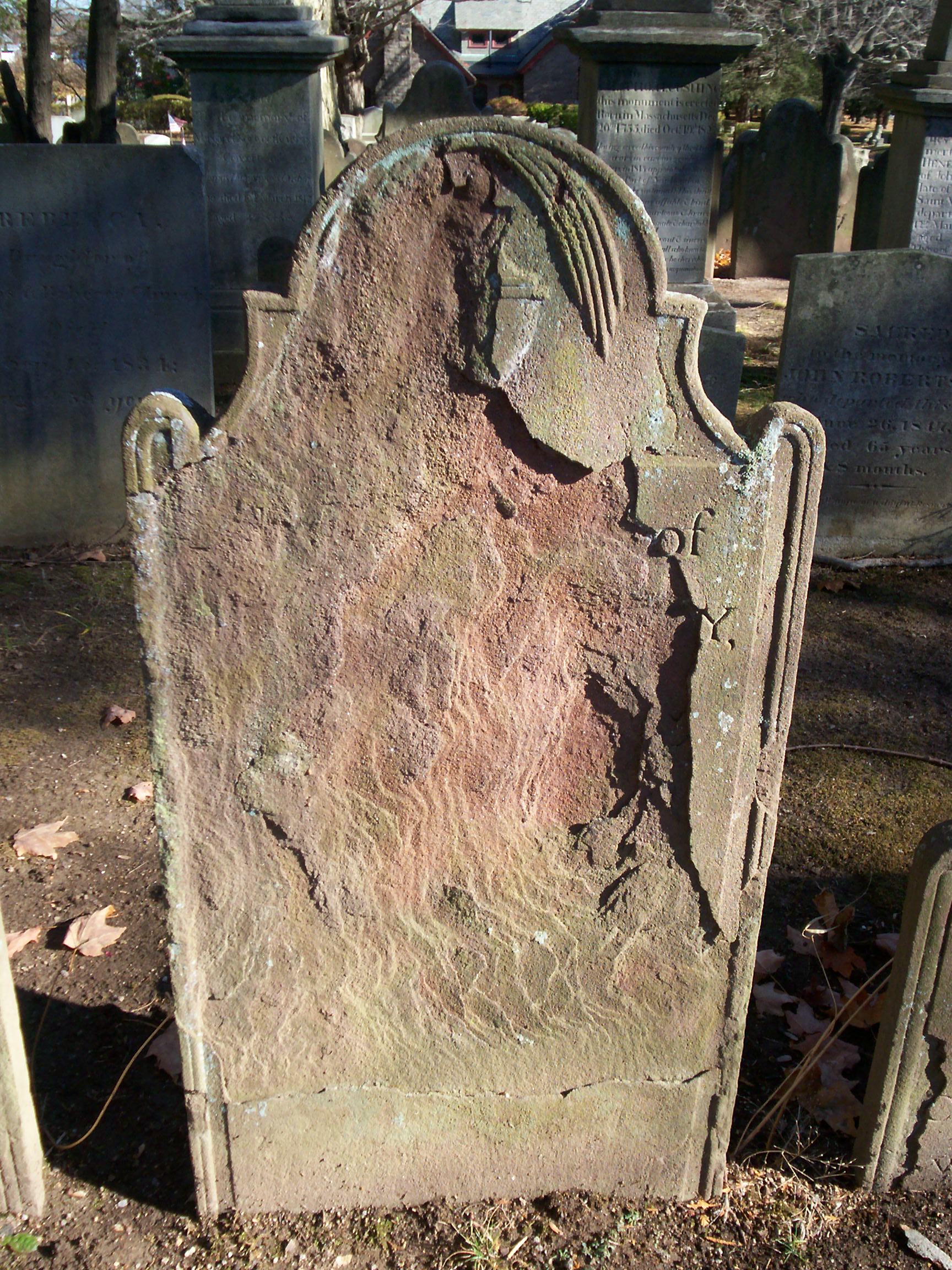 Ok. It’s old fart mode. I’ve been thinking about advances in technology and thought someone might be interested in my ramblings.
Ok. It’s old fart mode. I’ve been thinking about advances in technology and thought someone might be interested in my ramblings.I’m in my early 60’s, born in the later 50’s. I grew up in the suburban edge of a city in Connecticut. We had a comfortable upbringing, and an interesting home where intellectual challenges were not only tolerated, but encouraged. The foundation I received from my parents is still the bedrock foundation of who I am.
We talked a lot about their childhoods. My mother grew up in a family of five in Illinois. My grandfather was a college professor and didn’t make much. He kept a large garden and their family lived off of canned vegetables for the winter. They had fall canning parties. They didn’t have a huge amount of money but from everything my mother told me, there was a lot of love in their family.
My father grew up as the son of a pastor in Massachusetts. His parents were divorced when he was a teenager, so his circumstances changed. Before the divorce they were pretty well off, better than many.
So, we heard about technology. My parents both remembered cars that had to be cranked to start. My mother said her father, who was born in 1876, never learned to drive.
Telephones were a big deal. They both remembered phones that had the separate receiver and transmitter, and also had to be cranked.
Growing up, the cutting edge technology was television. We had a TV that had tubes, and I remember the repairman coming and replacing tubes. I’ll bet that vintage TV would be worth something now, but it’s long gone. Telephones were modern by current standards, but not digital, and you didn’t own your phone. There was only one type of ring.
The availability of entertainment was totally different than today. I remember that the Wizard of Oz was always on TV each August around my birthday, and it was a family event. When movies had been in the theaters for awhile, the next step was the network premiere. There were three major networks--ABC, CBS, and NBC. Everyone watched the news at 6, and there was not a continuous news cycle. We got our news in the morning from newspapers.
When my kids were small the VHS revolution happened, and you could rent videos. Now we weren’t dependent on the networks to air a movie. You didn’t wait for the network premiere, you waited for the film to come out on VHS. Remember to rewind.
I got my first computer when I was working on my second masters degree in the mid 80’s. It was a Commodore 64. I wrote my masters thesis on it. Hard to believe. I remember printing out my thesis with an interface to a Brother typewriter. I stayed up all night.
My first Mac was a Mac Classic II. I’ve had Macs ever since and haven’t looked back.
I remember my brother getting a pocket calculator in the early 70’s for his upper level math classes. It was the size of a brick and did the four basic functions.
Phones? I have an IPhone 8+ that can accomplish more than all of the devices described above. It is far more powerful than the computers that ran the moon missions. Blows my mind? You bet.
We are just getting a handle on the social implications of continual access to electronic devices. I'm sure doctoral dissertations are already being written on the implications of social media, and the transformation that it has wrought in our society. The world has been transformed, and not always for the better. Sure, we have closer contact with people and have access to a wealth of information but we are addicted. Internet addiction is a serious problem and is only beginning to be understood.
I don't remember being addicted to anything as a kid other than reading books. That is still true. Social media now? Sure, I keep in touch with friends, vent when current events get crazy, but curling up in a chair or sitting in the backyard with a glass of wine and a volume of Shakespeare beats anything available online.



















